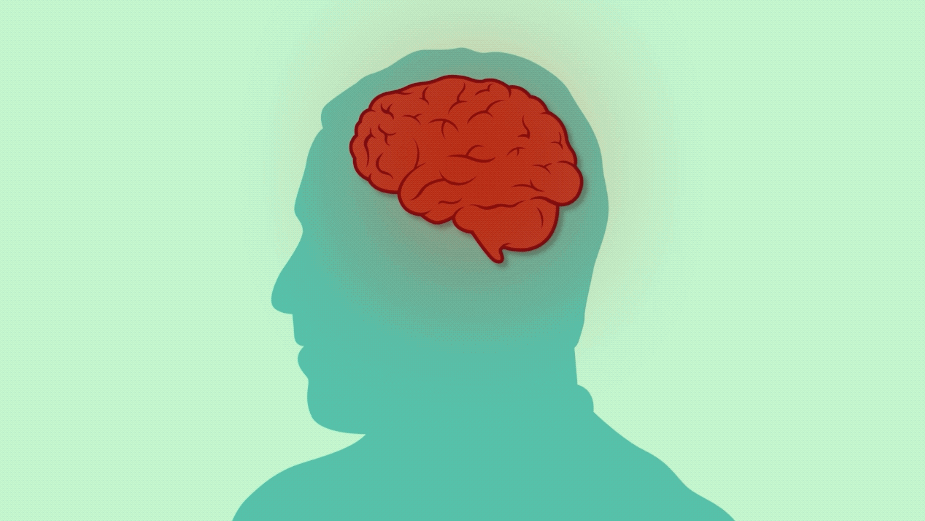
"We tend to think that we experience the world as it is. We see and hear things, store them away as knowledge, and then take new facts into account. But that's not how our brains actually work. In reality, we filter out most of what we experience, so that we can focus on particular points of interest. In effect, we forget most things so we can zero in on what seems to be most important."
"What we think of as knowledge is really connections in our brains, called synapses, which develop over time. These pathways strengthen as we use them and degrade when we do not. Or, as scientists who study these things like to put it, the neurons that fire together, wire together. So as we go through life and learn the ways of the world, we become less able to imagine other possibilities. Our mental models become instinctive and standard practices become "the right way to do things.""
People default to existing assumptions because synaptic pathways strengthen with repeated use, filtering perception and making familiar patterns feel instinctive. Cultural norms reinforce those pathways by legitimizing standard practices and discouraging deviation. Economic structures further entrench the status quo by providing incentives and raising the cost of alternatives. Effective change therefore requires altering neural habits, shifting cultural expectations, and addressing economic barriers simultaneously. Strategies include helping people unlearn ingrained models, exposing them to viable alternatives until new pathways form, realigning social incentives to reward different behaviors, and restructuring economic levers so new practices become feasible and sustainable.
Read at Fast Company
Unable to calculate read time
Collection
[
|
...
]